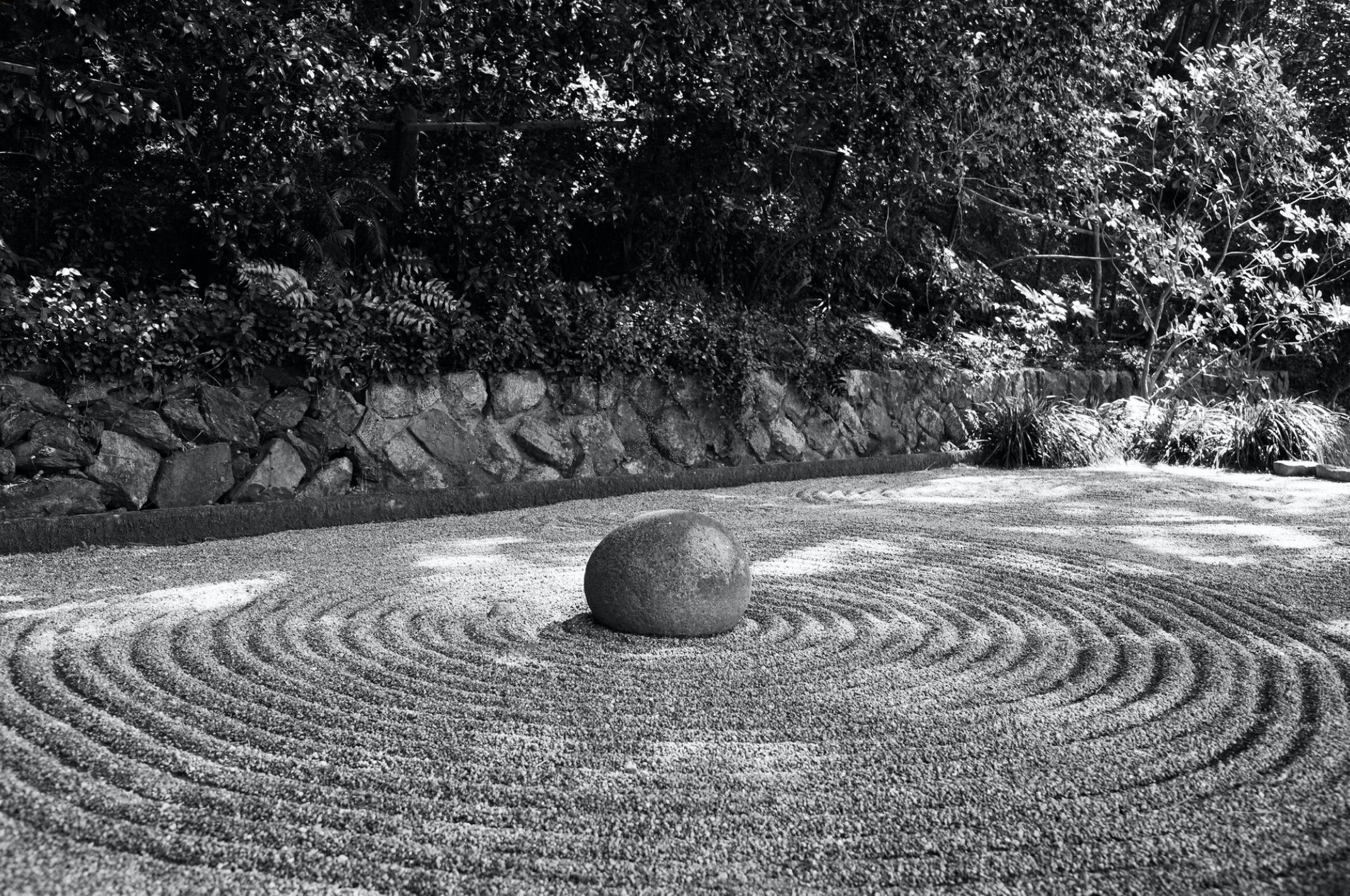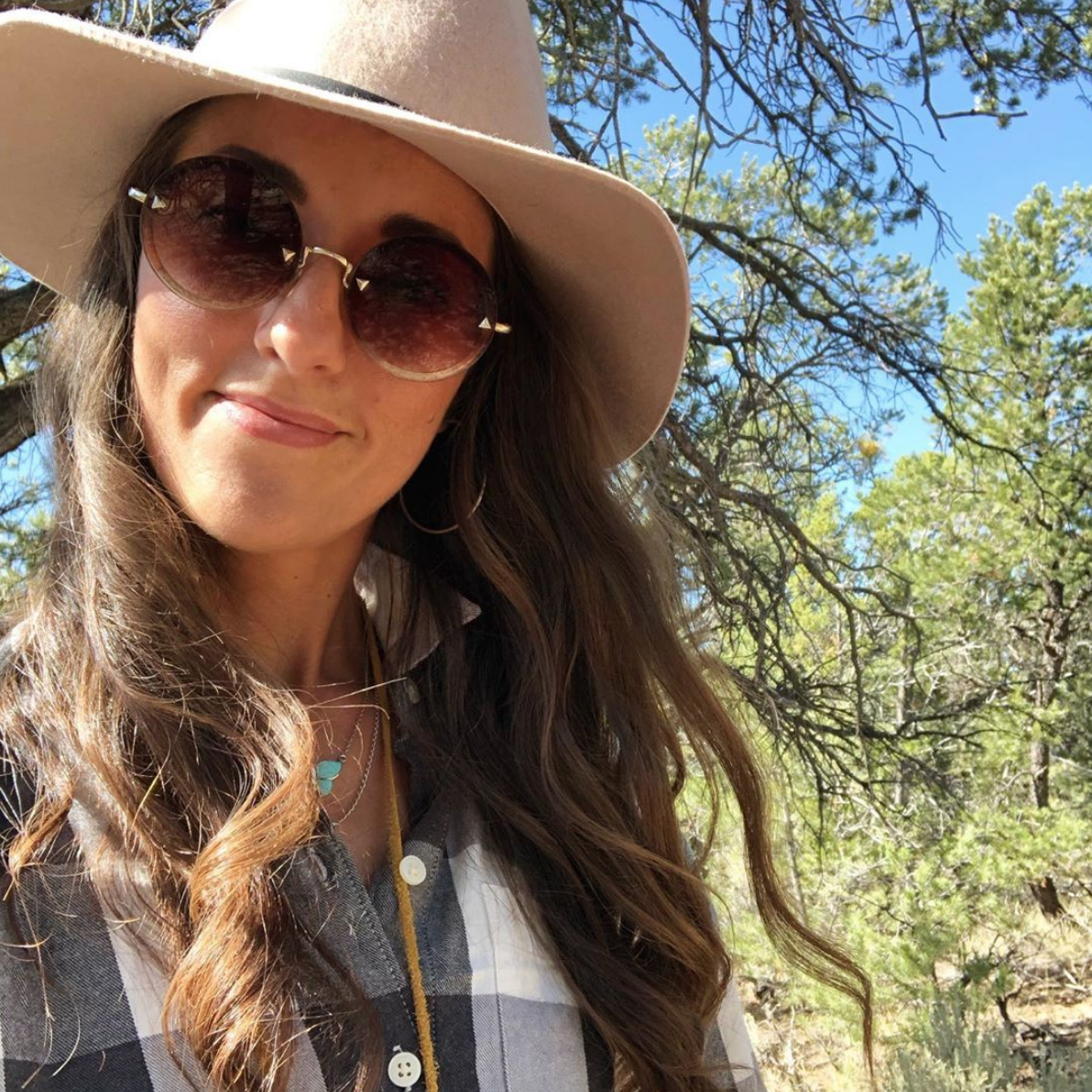Conflict
Once upon a time, a boy was born in a small farming village. His family was not wealthy but they did not lack for food or shelter. As the boy reached adolescence, his father brought him out into the fields and taught him how to work the land. He grew into an adult and began to take on more responsibilities on the farm as his father aged. One day he caught the eye of a girl in the village. They courted, were married and started a family of their own with one son followed closely by a daughter. When the man’s son came of age, he brought him out into the field and showed him how to work the land. The son took on more responsibility as the man grew old, and spent less time in the field and more time in the family home. Not long after the man’s son welcomed his first child into the world, the man took to his bed and passed peacefully in his sleep.
That’s not really much of a story. We don’t know the protagonist’s name. We can hardly call him the protagonist, being that no antagonist ever makes themselves known. This is more of a report of simple facts concerning someone’s life. It potentially reads more like an obituary than it does a story. It’s not captivating, just short and matter of fact. It lacks any significant conflict.
I’ve been thinking about conflict a lot lately. Maybe it’s the situation in the Ukraine, maybe it’s some of my own housemate issues, or maybe it’s my attempt at novel-writing without wanting to sacrifice my zen-ness in the search for a good story. Whatever the reason, conflict has certainly been on my mind and I wanted to take this month’s article to explore some of its aspects.
Conflict first appears in the mind.
It is the human condition to see things as they are, and then consider how they could be. Alan Watts made a point of stating that most internal suffering comes from the space that exists between the ways things are and the way they ought to be. He goes into great detail in one of his lectures on the problem with ‘ought.’ If you are constantly thinking of how things ought to be, you never really get a chance to see things for how they actually are. Ambition leads men and women to act on their ‘oughts’ and try to bring them into the world of reality. This, of course, leads to conflict.
Furthermore, the ‘oughts’ that we project onto this world don’t always line up. My ‘oughts’ and your ‘oughts’ can easily be at odds with each other. Now we are not only fighting the reality of the situation, but another entity that wants a different situation. The pattern continues further and further down the line with both petty and reasonable disagreements and all of us trying like mad to make sure our ‘oughts’ are heard and acted upon.
The ancient Greek philosopher Protagoras is famously quoted as saying, ‘Man is the measure of all things…’ The quote usually stops there, but it actually continues as ‘... of the reality of those which are, and of the unreality of those which are not.’ I interpret this quote to mean that it is the individual who is able to decide what is important and what has value. To the devoted fan, it is critical that New York City lift their vaccine and mask mandate so that Kyrie Irving can play home games for the Brooklyn Nets and lead them in their playoff push. To the Ukrainian refugee, it matters not. An exaggerated example, to be sure, but what matters to most people has a direct correlation to their immediate surroundings.
Conflict also plays a large role in storytelling. I’m currently taking a class on novel-writing that breaks down story structure and the hero’s journey. It’s been very helpful to get some training on the finer points of writing, but it also has me questioning the skills that I currently possess. For what it’s worth, this is the fifth fresh attempt at this month’s article and it’s also the reason it’s getting out well past it’s typical post date. It’s been a struggle to put something down on paper that seems like it has value.
That’s also been the case in my attempt at novel-writing. The general consensus for how a story should flow is something like this. We are introduced to our hero and the world that they currently inhabit. A catalyst shows up to knock that world upside down and send the hero on a journey. About midway through the hero will either succeed or fail at what they think is the most important part of the story. They will then have ‘the dark night of the soul’ in which they realize they erred in placing so much emphasis on the wrong thing. Finally it all wraps up with the hero’s success at the actual lesson that they needed to learn in the story. This is a time honored model that will keep readers engaged and interested throughout the duration of the book. Seems an easy enough guideline to follow right? Well, there’s one big fat piece of philosophy standing in my way.
It’s that pesky Buddhism again.
Buddhism contends that all suffering comes from attachment. This loops us back to our previous discussion about how things are and how things ought to be. It’s the way things ought to be that keeps us from enjoying the way things are. This is suffering as the Buddha sees it. The other aspect of Buddhism that sends me sideways with novel-writing is the difference between big and little miracles. Buddhist author Brad Warner suggests that the practice of meditation wakes us up to the big miracles of the world. The sun shining on a beautiful day. The smell of freshly cut grass. A hummingbird outside your window every morning. These are the things that are happening all of the time and we are very rarely aware of them.The form of meditation that he and I both practice, Zazen, wakes us up to the way things are, not the way we want things to be.
So story-lining a novel where my protagonist has to jump through hoops of fire in order to learn a revolutionary lesson just seems so out of character for me. The big romantic gesture that wins the girl doesn’t keep her around the next day. The selfless warrior that slays the dragon doesn’t always make the best governing king. How do you write something captivating that wakes people up to all the big miracles happening around them every single day?
I’m not sure that I know the answer to that just yet. We live in a world that reports on conflict, not peace. From one perspective it seems like that is rewarding some bad behavior, but I guess we also need to know what is going on in order to make changes for the better. I’m going to keep tinkering around in my lab, trying to make a story work without selling out some of these Buddhist ideals that have somewhat accidentally wormed their way into my brain, but this week I had the thought that maybe we could all use a story like the one I started this article with. No drama. No war. Just a simple little life of peace.





















(She/Her)
The gal behind Held In The Heart. The Community Journal is a space for those who feel deeply to express freely. We explore all sorts of things here, from the real & raw healing stories & creative writing, to the funny & fleeting moments of everyday human life. I warmly welcome you and invite you to explore with us!